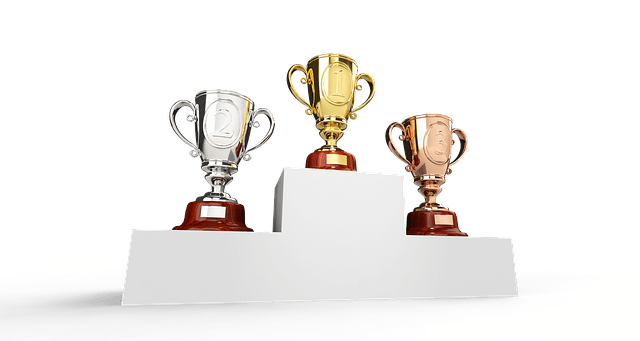EnClear Therapies was named one of five first place winners of the eighth annual Massachusetts Medical Device Development (M2D2) Center $200K Challenge.

Image: EnClear Therapies wins Massachusetts Medical Device Development Center $200K challenge. Photo: Courtesy of ArekSocha/Pixabay.
The Massachusetts Medical Device Development Center is a lifeline for the state’s smaller medical device companies, offering inventors and executives easy, affordable and coordinated access to world-class researchers and resources at the UMass Lowell and the UMass Medical School campuses of the University of Massachusetts.
“The M2D2 $200K Challenge has become emblematic of the rich culture of medical device innovation in the Massachusetts biotech cluster and in the UMass system,” said Mary Ann Picard, M2D2’s director of operations. “EnClear’s novel approach to treating neurological diseases highlights the high level of scientific and medical creativity we saw in this year’s competition and the tremendous potential for improving the lives of patients we see in each year’s submissions.”
EnClear’s winning pitch by Kevin Kalish, vice president of research and development, described the company’s device-based system to halt the progression of neurodegenerative diseases by removing toxic proteins known to drive pathology. The system continuously recirculates cerebrospinal fluids (CSF) and targets and removes toxic proteins from CSF.
“We are tremendously honored to be selected from over 150 entrants as the winner of the Massachusetts Life Sciences Award in the M2D2 $200K Challenge,” said Anthony DePasqua, chief executive officer and co-founder, EnClear Therapies. “Kevin’s presentation captured the potential of our unique device in treating a variety of neurological diseases such as Amyotrophic Lateral Sclerosis and progressive Supranuclear Palsy for which there are currently no effective treatment options. This award will support and hopefully accelerate our development program with the goal of treating patients living with these devastating conditions.”
Entries were analyzed based on value, strength and execution plan:
Value – product, customer validation, business model and health care economics, competition, IP, market opportunity and patient benefit
Strength – team strength, development plan, responsiveness/coachable, freedom to operate, regulatory and clinical burden, funding to date, resources needed
Execution plan – stage of development, evidence, time to market, traction, partnerships and relationships, time to key milestones, upcoming funding.
The winners of the challenge were selected from 21 finalists who were selected to give a live, four-minute pitch with one minute to answer questions from the expert judges.
Source: Company Press Release
